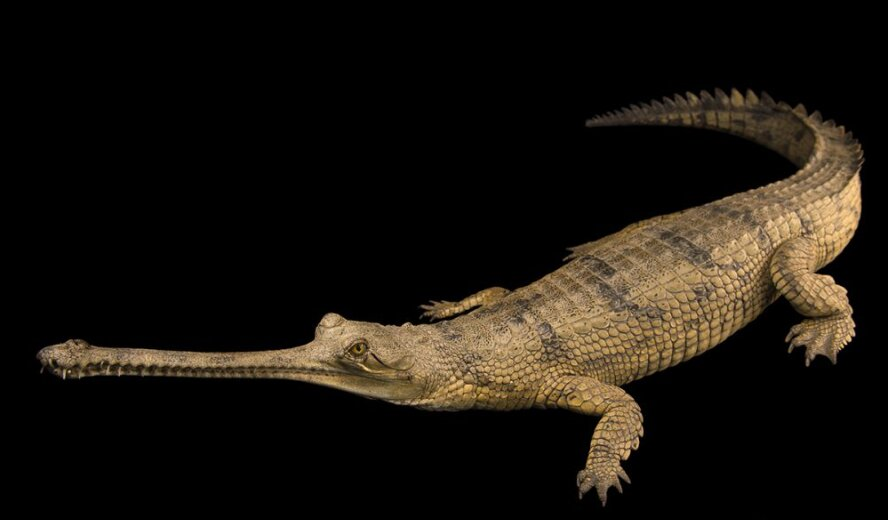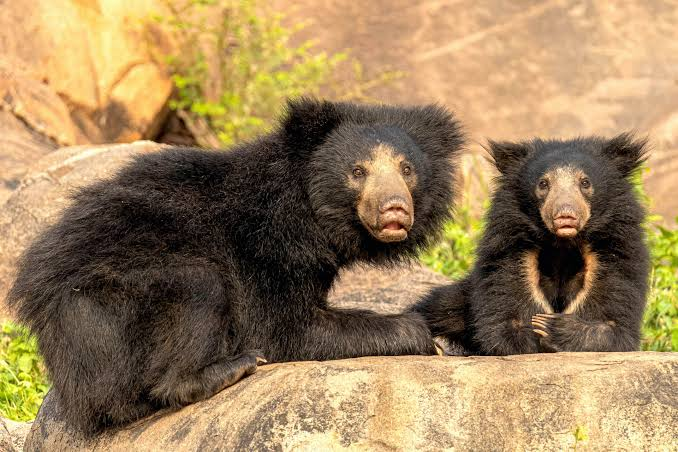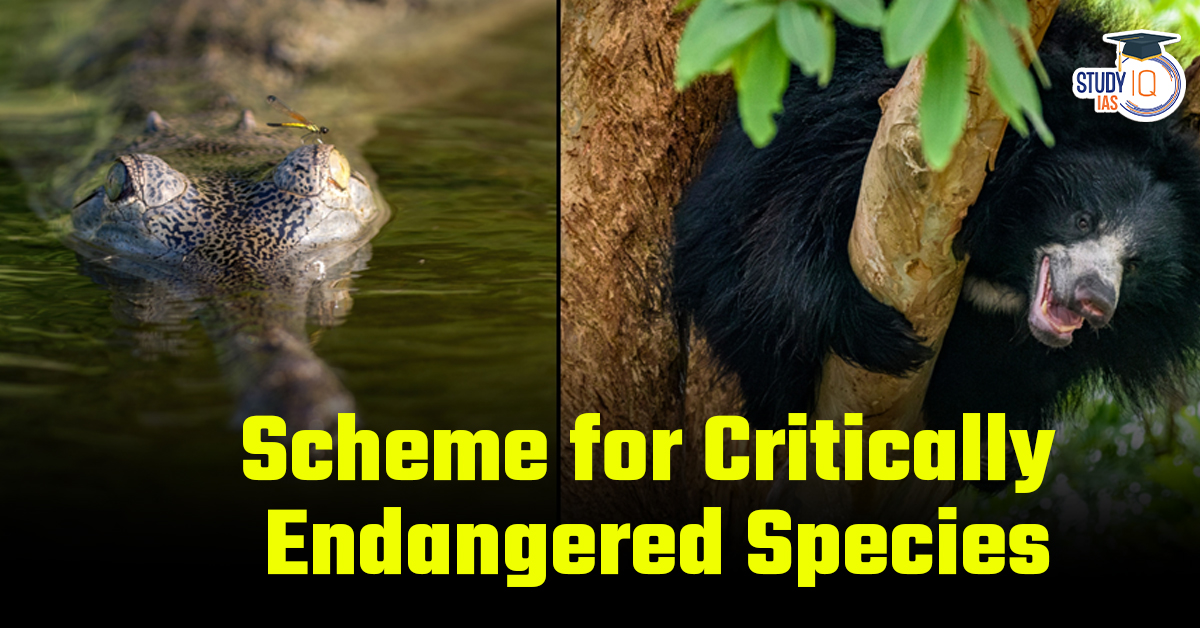Table of Contents
Context
- Gharial and Sloth Bear have been recommended for inclusion under the Species Recovery Programme of the Centrally Sponsored Scheme – Integrated Development of Wildlife Habitats (CSS-IDWH).
- The recommendation was made by the Standing Committee of the National Board for Wildlife (SC-NBWL), constituted under the Wildlife (Protection) Act, 1972.
About CSS-IDWH (Centrally Sponsored Scheme – Integrated Development of Wildlife Habitats)
- Objective: To provide financial and technical assistance to the State/UT governments for wildlife conservation
- Key Components:
- Support to Protected Areas (National Parks, Wildlife Sanctuaries, Conservation Reserves, Community Reserves).
- Protection of wildlife outside protected areas and mitigation of Human-Wildlife Conflict.
- Species Recovery Programmes for critically endangered species and habitats.
- Species Recovery Programme:
- So far, 22 species have been identified, including:
- Snow Leopard, Asiatic Lion, Great Indian Bustard, etc.
- So far, 22 species have been identified, including:
Here‘s a summary of India‘s Species Recovery Programme under the Integrated Development of Wildlife Habitats (IDWH) scheme, with a particular emphasis on steps for critically endangered species:
What’s the Scheme for Critically Endangered Species?
IDWH is a centrally sponsored scheme (in force since 2008/09 and extended to the 2021–26 period) that aims to:
- Improve protected and non-protected habitats
- Financial assistance to recovery programs of critically endangered species
Coverage
Originally had 17 species, now increased to 22, with both terrestrial and aquatic wildlife, including:
- Great Indian Bustard, Hangul, Jerdon’s Courser
- Gangetic Dolphin, Sea Turtles, Snow Leopard
- Indian Rhino, Asiatic Lion, Vultures
- Added recently: Gharial and Sloth Bear (up to June 2025)
Key Activities
Consists of:
- Scientific captive breeding, habitat restoration, and community engagement
- Anti-poaching, infrastructural development, and legislative protection
- Conflict reduction schemes, particularly for Sloth Bears
- Monitoring through national scientific institutions, with 100% central funding
Recent Update
In June 2025, the National Board for Wildlife’s Standing Committee gave the go-ahead to include Gharial (critically endangered crocodile) and Sloth Bear in the recovery program under IDWH, with specially designed conservation plans developed by the Wildlife Institute of India.
Why It Matters
- Makes India’s commitment to biodiversity and global environmental objectives more robust
- Focused interventions for pressing species revival
- Informs and integrates scientific studies into conservation strategy
About Gharial
- Habitat: Found in freshwater rivers, mainly in:
- Chambal and Girwa Rivers (India)
- Rapti-Naryani River (Nepal)
- Conservation Status:
- IUCN: Critically Endangered
- WPA, 1972: Schedule I
- CITES: Appendix I
- Key Characteristics:
- Possesses the thinnest and longest snout among crocodilians.
- Adult males have a bulb-like structure at the snout’s tip, known as the ‘ghara’.
- Considered the most aquatic crocodilian species.

About Sloth Bear
- Habitat: Native to India, Sri Lanka, and Nepal.
- Found in 5 Indian biogeographic zones:
- Peninsular India, Western Ghats, Deccan Plateau, Gangetic Plain, North East
- Found in 5 Indian biogeographic zones:
- Conservation Status:
- IUCN: Vulnerable
- WPA, 1972: Schedule I
- CITES: Appendix I
- Key Characteristics:
- Small bear species with a shaggy coat.
- Diet mainly consists of termites and ants.
- Solitary and generally nocturnal



 Geological Heritage Sites of India: Sign...
Geological Heritage Sites of India: Sign...
 Wildlife Sanctuaries of India 2026: List...
Wildlife Sanctuaries of India 2026: List...
 National Parks in India 2026: Complete S...
National Parks in India 2026: Complete S...

























